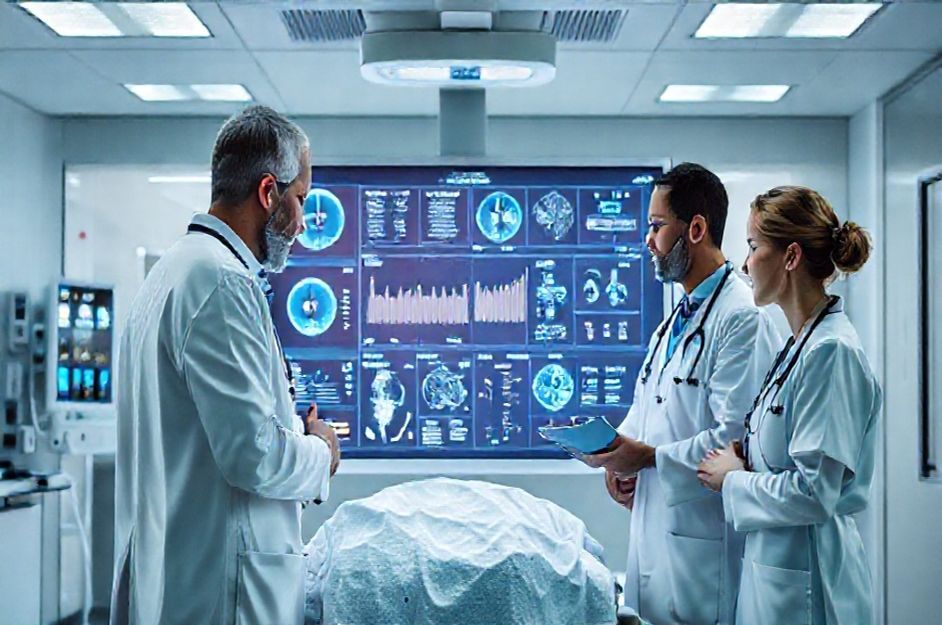The healthcare sector is rapidly integrating advanced technologies to enhance medical practices and reduce costs. A prime example is the adoption of electronic health records (EHRs), which are proving instrumental in saving lives and streamlining expenses as more hospitals and medical centers nationwide implement these systems.
EHRs eliminate redundant tests and procedures, accelerating patient access to necessary treatments. Immediate access to comprehensive patient data at the point of care improves patient safety, optimizes clinical workflows, enhances efficiency, and minimizes administrative burdens like faxes and phone calls for information exchange. Secure medical information networks facilitate this vital access.
Recognizing this potential, three leading health information technology organizations formed the NorthWest Health Information Network, a multistate initiative. Northwest Physicians Network (NPN) of Tacoma and St. Luke’s Health System of Boise, with support from Siemens Medical Solutions, are collaborating on this regional strategy to enhance patient care and minimize waste.
“Effective patient care hinges on having the right information available at the right time and place,” explains Rick MacCornack, Ph.D., former director of Quality Improvement at NPN. He noted the inefficiencies of relying on outdated methods such as faxes and printed charts in emergency situations.
The network provides immediate online access to a patient’s history and clinical data for both patients and providers, regardless of location—be it Tacoma, Boise, or any other connected community. This seamless access transforms emergency care scenarios and ongoing treatment protocols.
MacCornack emphasizes the ongoing challenge: “Despite technological advancements, the priority remains connecting community physicians—who constitute 80% of the nation’s healthcare providers—to essential information precisely when and where they require it.”
The aftermath of Hurricane Katrina highlighted the vulnerability of paper-based records. Floodwaters rendered countless medical histories inaccessible and unreadable. Secure, electronic records would prevent such a crisis, ensuring continuity of care even in disaster scenarios.
Studies suggest that widespread, effective adoption of healthcare IT by 90% of doctors and hospitals could yield annual savings of $77 billion.
Healthcare IT solutions, such as Siemens Soarian Community Access, promote secure information sharing. As these networks standardize data sharing methods, regional health information organizations will form the foundation for a nationwide system, transforming how individuals perceive and engage with their health and the healthcare system.
